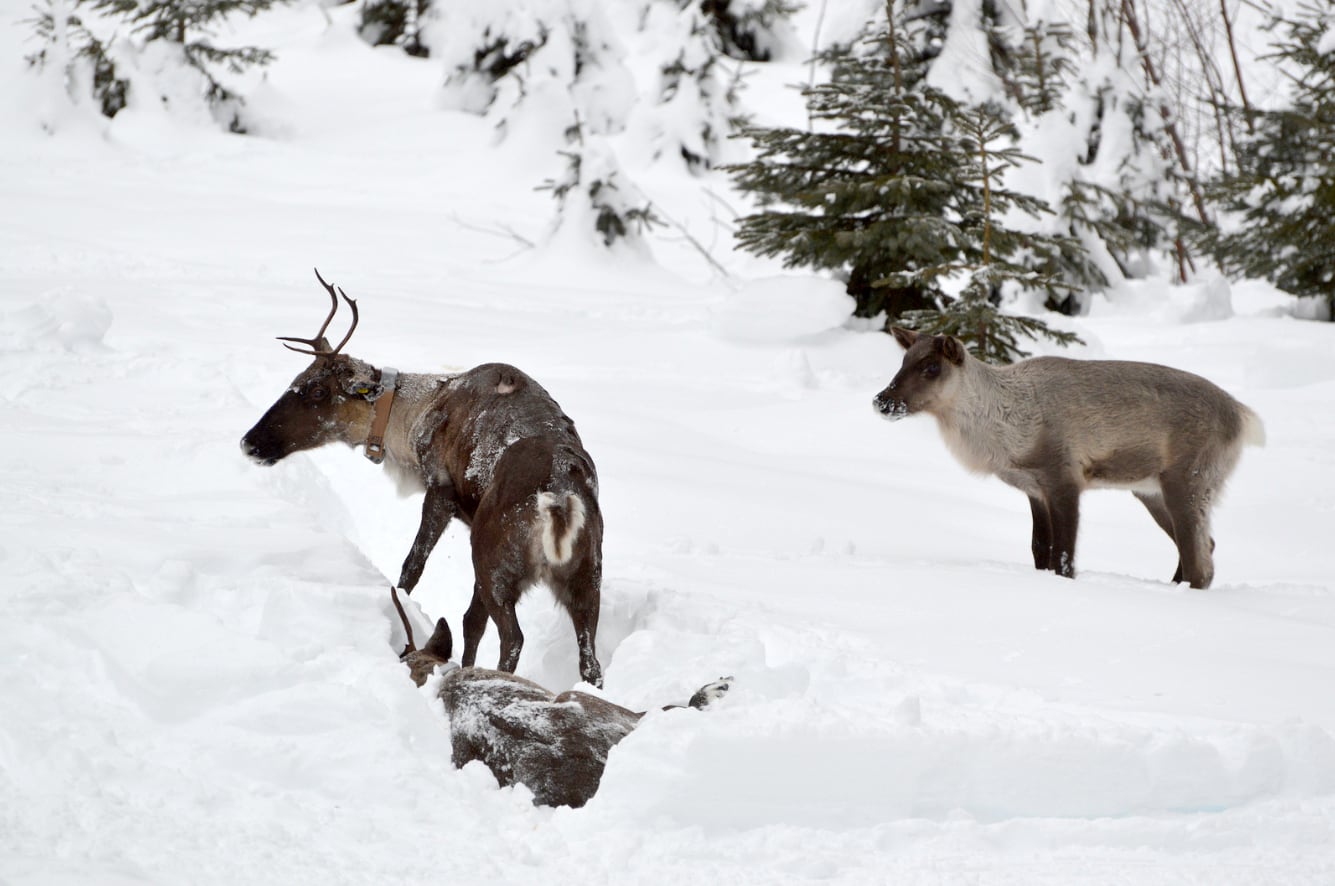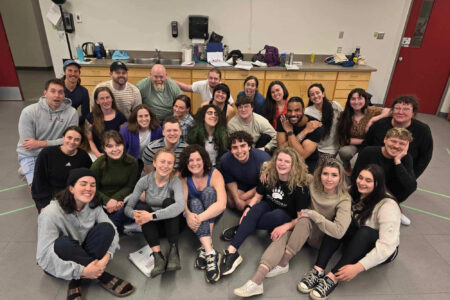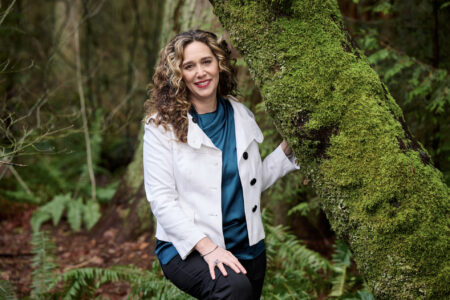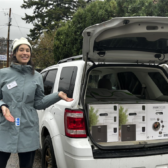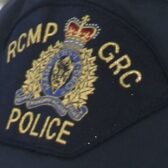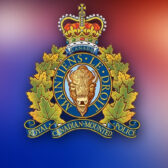Caribou recovery strategy comes under attack
In a media release this week, the provincial government said biologists successfully moved three caribou from the South Selkirk and South Purcells herds to Revelstoke last week.
The two endangered caribou herds had dwindled to six animals. The animals — the single remaining South Selkirk cow and one cow and one bull from the South Purcells herd were moved to a holding facility near Revelstoke to protect them from predators.
However, not everyone is supporting the government’s handling of this sensitive situation.
The BC Liberals in a media release said the government is to blame for the dwindling stocks, having drag its heels on opening public consultations on caribou management despite widespread public demand to be a part of a process that will affect everything from industrial to recreational land use across the province.
“There is a great deal at stake for both the survival of the caribou and the future of our resource economy. This government has a moral obligation to include the public and stakeholders on decisions that could affect a vast majority of the province,” said Cariboo-Chilcotin MLA Donna Barnett Thursday. “People who live, work and raise their families in rural British Columbia deserve to be a part of the process.”
The Liberal release said this week concerned citizens, MLAs, local governments and representatives from all sectors of the natural resources economy were gathered in Prince George for the annual B.C. Natural Resource Forum.
“The Forum would have been the perfect venue for government to start a meaningful public consultation process especially with forests minister Doug Donaldson and environment minister George Heyman in attendance,” said Peace River North MLA Dan Davies. “There is growing frustration at the way this government is deliberately ignoring the public’s desire to be a part of the solution.”
On Wednesday, the Peace River Region Regional District issued a news release saying the provincial government plans to initiate public and stakeholder engagement in the Peace region, yet the province would not confirm a date.
“We have heard this before from the provincial government. It says it will hold public meetings, only to have them cancelled at the last minute,” says Peace River South MLA Mike Bernier. “People have had enough of closed door meetings where provincial officials tell people what the government intends to do before they have any opportunity to contribute to the discussion.”
“People in the Kootenays have been completely shut out from the process,” said Kootenay East MLA Tom Shypitka. “An effective caribou recovery strategy should take into account all stakeholders in order to save these remarkable animals.”
“We are looking for three distinct things from the provincial government,” adds Aaron Mathias, representing group called Concerned Citizens for Caribou Recovery. “We want baseline data on the science behind management decisions, a report on how this will impact the economy in rural British Columbia, and we want a genuine public consultation.”
The government said the two bulls and one male yearling in the South Purcells could not be captured safely. All three captured animals are in good condition. The hope is that these animals will be able to join the Columbia-North herd, which has an estimated population of 147 animals. They will be closely monitored to determine the right time to release them back into the wild.
The B.C. government is acting on its commitment to protect caribou populations. The number of caribou in British Columbia has been in decline over the past century, from approximately 40,000 animals, to about 15,000 today.
To support the recovery of caribou, the Province is investing $27 million over three years to develop and implement an extensive Provincial Caribou Recovery Program Plan. Actions include protecting remaining caribou in the province, increasing habitat protection in select locations, habitat restoration, supplemental feeding, primary prey management, predator management and enhanced research and monitoring.



